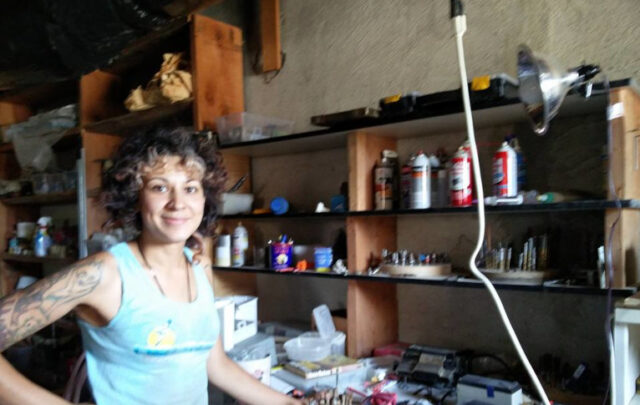Recorded April 10, 2023
Description
In this Frankly, Nate explains how he views the future from a probability perspective – a tool frequently used in industries such as finance, retirement planning, and by e.g. gamblers. While there will be only one eventual outcome, the possible paths to that future fall in a distribution, with some results much more likely than others. We can shift these results with our actions in the present. However, no one person can know this distribution perfectly, only the distribution shaped by their own bias, knowledge, and perspective. How might we use a probabilistic approach to better understand what’s possible – and even to better relate to others? By thinking of the future as a spectrum, can we avoid falling into traps of certainty and complacency that inevitably lead to inaction? While there are some outcomes that are impossible, there are still many within our power to steer towards during a Simplification.
Show Notes
03:15 – What is a normal curve?
04:20 – Non-normal distributions
08:28 – Graph from Probabilistic projections of increased heat stress driven by climate change
11:22 – IPCC Projections
11:58 – Peak in Crude Oil Production
12:41 – Germany and Greece turn to cutting down forest stocks during difficult economic times with low energy availability
13:15 – Graph from Global food insecurity and famine from reduced crop, marine fishery, and livestock production due to climate disruption from nuclear war soot injection
13:53 – Catastrophic impacts of nuclear exchange on the planet
16:56 – Decrease of in-person interaction as a result of social media
17:25 – Confirmation bias and increase of it due to social media
17:38 – Social media increases extreme views and polarization






